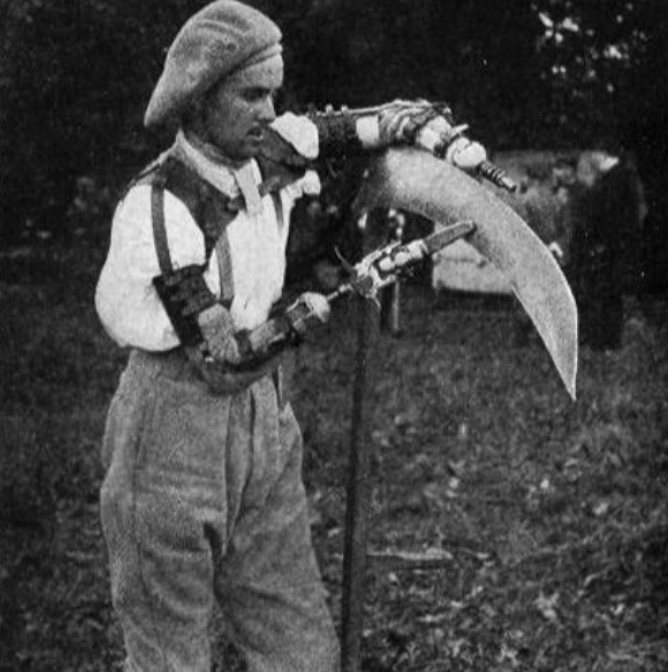While work conditions have changed radically in the past century, from the spaces where labour takes place to the technical apparatuses employed to increase productivity; the premises of work have remained the same. Automation, repetition and standardization are only byproducts of the urge to make tasks, spaces and workflows efficient and ourselves more productive. Not only our work but our social life, relationships and ways we understand and value the world have been affected by the insidious effects of scientific management. With parts of our lives being templated and subsumed into labour, how are our notions of value, our interpersonal relationships, our bodies and our collective forms of consciousness being affected? The first chapter of this series explores the beginnings of the science of work, its intersection with a crisis of energy as evidenced by 19th century bodily, psychic and environmental exhaustion as well as the role that music played in the UK during WWI.
Image credits: “Radio Factory-women in Labor,” Union to Disunion, projects.leadr.msu.edu/uniontodisuni…tems/show/111.
References:
00’31” Mozart – Sonata for Two Pianos in D, K. 448
03’20” An Interview with Brian Reynolds for the BBC by Russell Davies, Music While you work, BBC
06’47” Harry Belafonte, “Banana Boat Song (Day O)”
To listen to the NEXT chapter click >>2. Out of Office<< below
Lila Athanasiadou
Lila is awriter, programmer and researcher with a background in architecture.
2. Out of Office

From capitalist realism to domestic realism, architecture has played a major role in the standardization of work as well as in the engulfing of time dedicated to labour. Read more